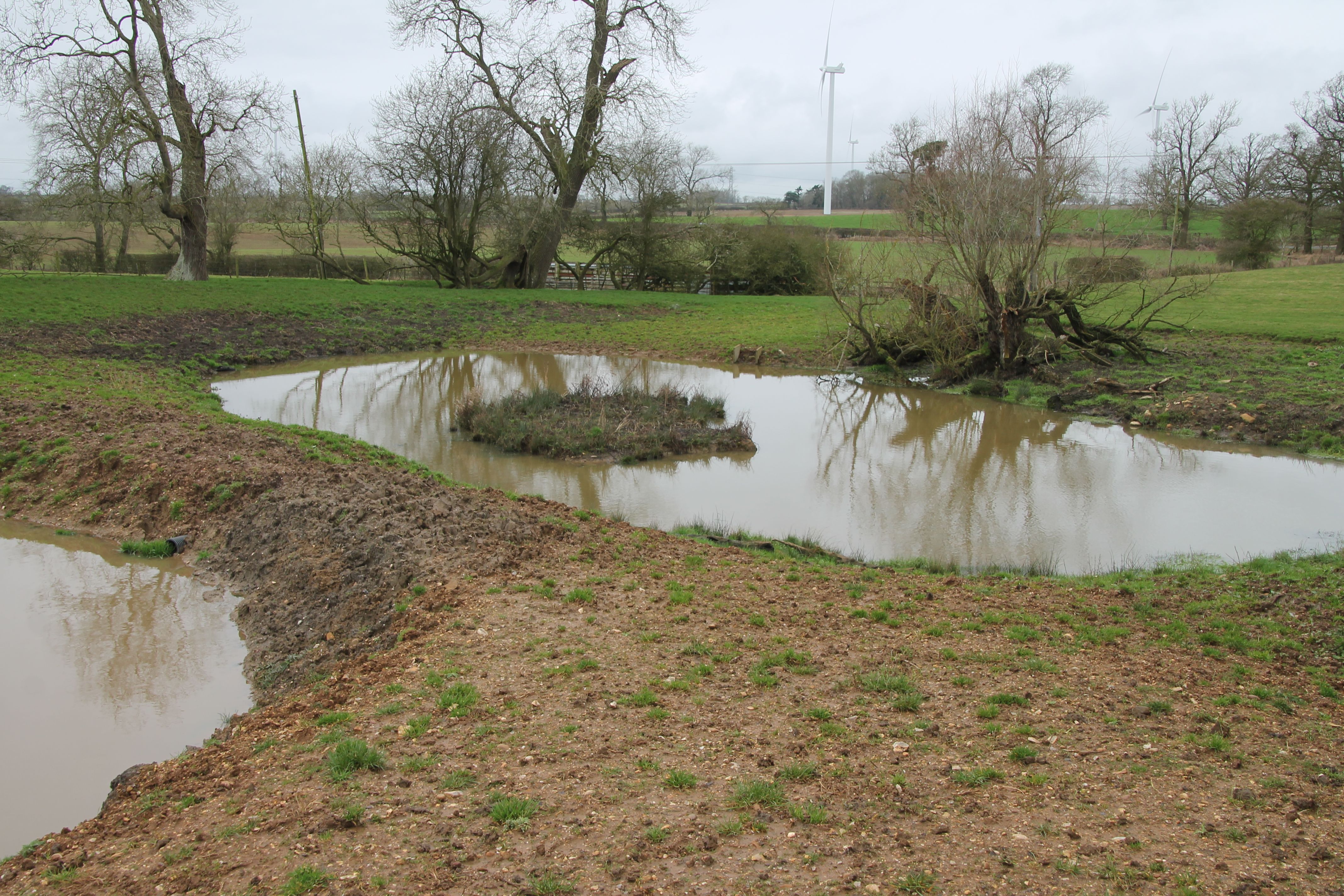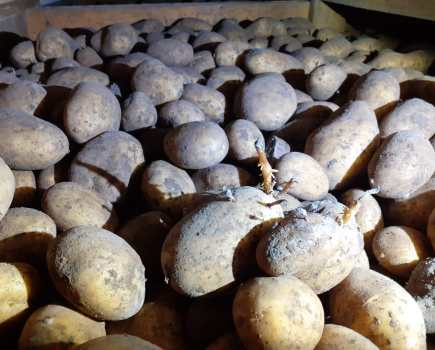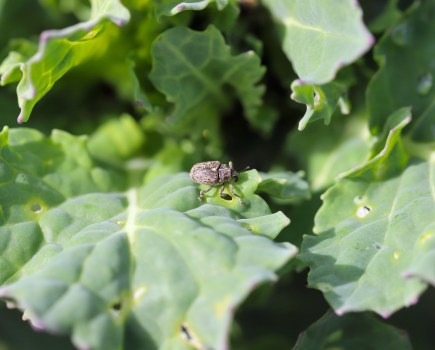 Farmers in the Midlands could receive up to £5000 of match funding to help protect water and the environment as part of the Severn Trent Environmental Protection Scheme (STEPS), which is open for applications until 31 Jan 2021. Charlotte Cunningham reports.
Farmers in the Midlands could receive up to £5000 of match funding to help protect water and the environment as part of the Severn Trent Environmental Protection Scheme (STEPS), which is open for applications until 31 Jan 2021. Charlotte Cunningham reports.
Dr Adam Freer, senior catchment management scientist at Severn Trent, says that the company has pinpointed key issues of concern in each of its 44 priority catchments and is encouraging farmers to choose funded options that prevent pesticides, nitrates or cryptosporidium reaching water.
“Farmers can choose from an array of funded items, but to ensure your application is competitive, we’d strongly recommend choosing a priority item for your specific area. These could include a pesticide washdown area, cover crops or livestock fencing, to name a few,” he says.
“Applicants will also have the chance to come up with their own innovative ideas to tackle these key issues through the farmer innovation option.”
According to Adam, working in collaboration with farmers is mutually beneficial for both parties. While STEPS-funded investments can improve farm productivity and protect the environment, the benefit to water quality also reduces treatment costs and therefore keeps customer bills as low as possible.
Top tips for applying
- Find out if you’re eligible using our priority catchment map stwater.co.uk/steps
- Speak to your local agricultural adviser to find out what the priority issue and funding options are in your catchment
- Visit stwater.co.uk/steps to fill out your application
- Focus your application on priority items for the best chance of being accepted
- If you hope to apply for a biodiversity option in our spring round of STEPS, ensure you apply for, or have historically received funding for, a priority item
Priority items
Pesticide catchment areas:
- Pesticide washdown areas, including roofing
- Grass margins
- Biobeds and biofilters
- Alternative weed management in grassland fields
- Precision pesticide application equipment
Nitrate catchment areas:
- Cover crops
- Grass margins
Cryptosporidium catchment areas:
- Livestock fencing along watercourses
- Hard bases for drinking troughs
- Roofed livestock handling and manure storage areas
- Constructed wetlands
For more information or to apply visit www.stwater.co.uk/steps.




